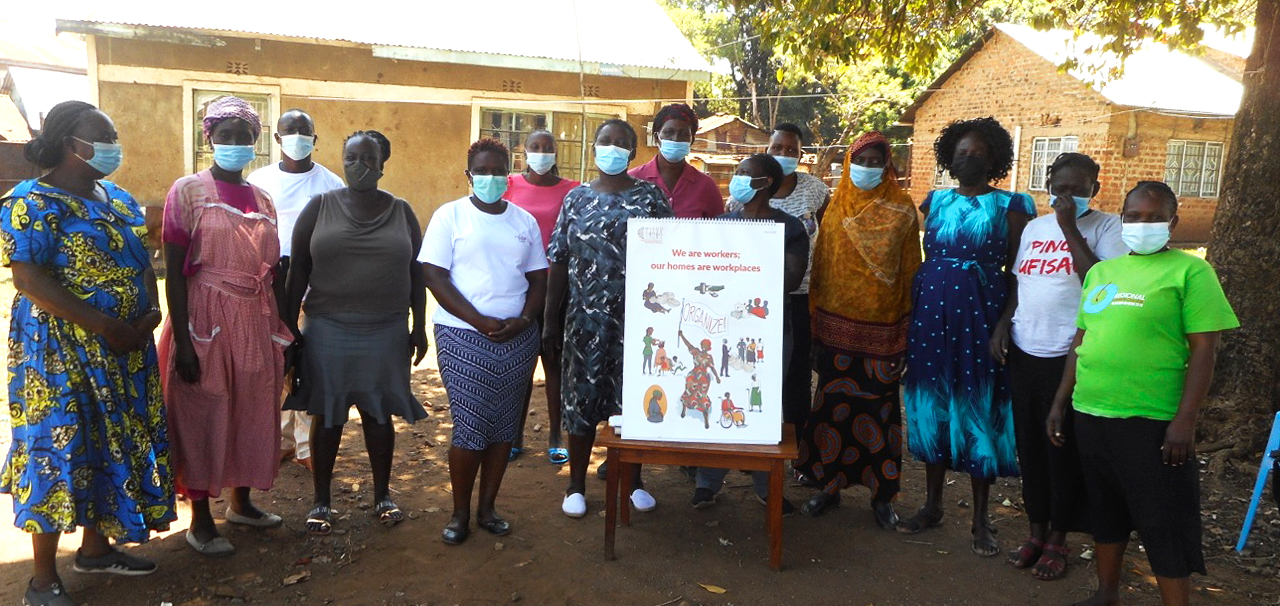By: Edwin Bett, HNI International Working Committee member
HomeNet Kenya with the support of WIEGO and HomeNet International did schedule to carry out capacity building trainings through mobilization and organising sessions across the eight (8) cluster areas of Machakos, Nairobi, Kisii, Kisumu, Bungoma, Lodwar, North Rift (Nandi and Elgeyo Marakwet) and Central Rift (Naivasha, Laikipia and Nakuru). This is in line with HomeNet Kenya objectives which include;
- To raise visibility and gain recognition of HBWs as workers at the county and national government levels.
- To help build and/or strengthen strong, democratic and accountable home-based workers’ organization which protect HBWs rights everywhere.
- To lobby the government and other authorities in order to develop a conducive policy environment that encourages the development of Homebased work legislation and support.
- To encourage co-operation in areas such as training, production, product development and marketing and to mobilize funds/resources.
- We are workers; our homes are workplaces
- What are our rights as workers?
- Why do we need to come together?
- Why do we organize?
- Making our groups/organizations stronger: The Ingredients
- Making our groups/organizations stronger: The Tools
- Having a stronger voice
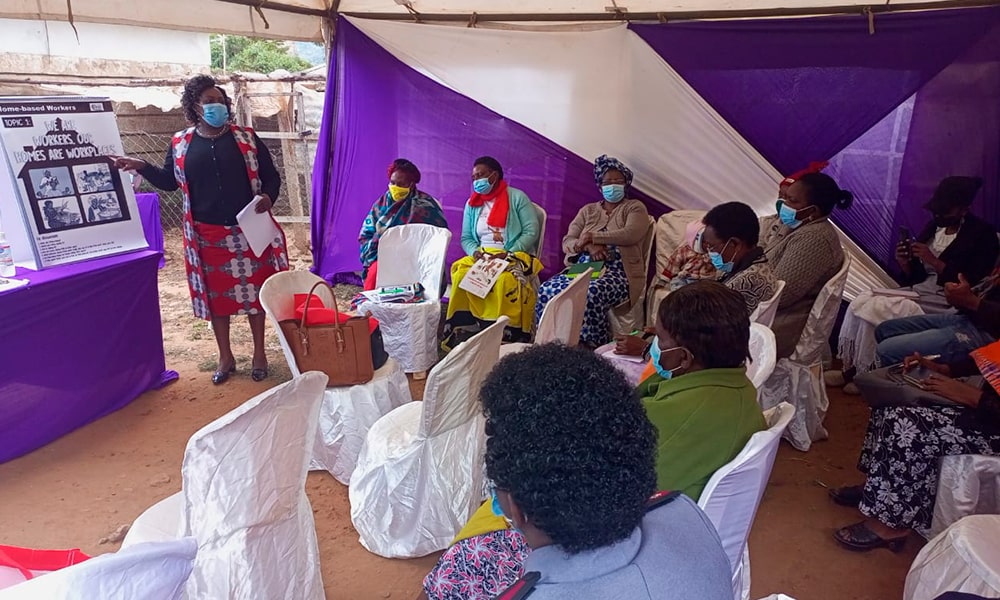
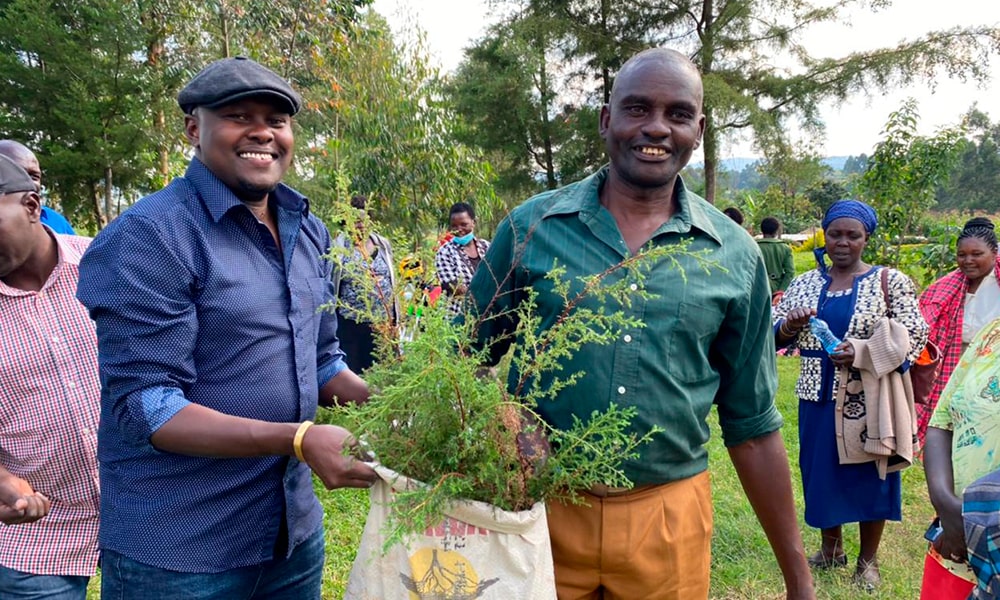
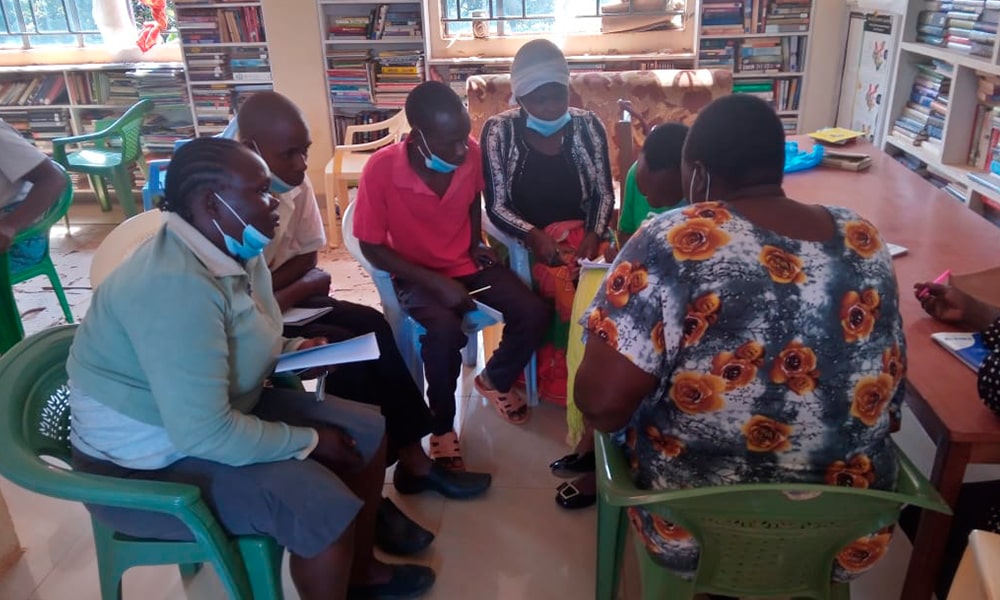
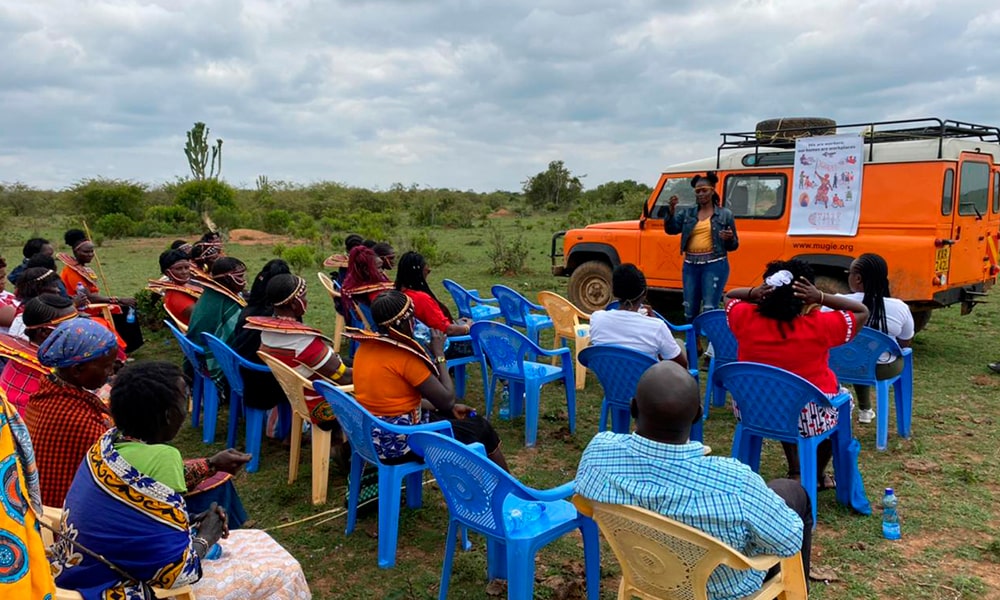
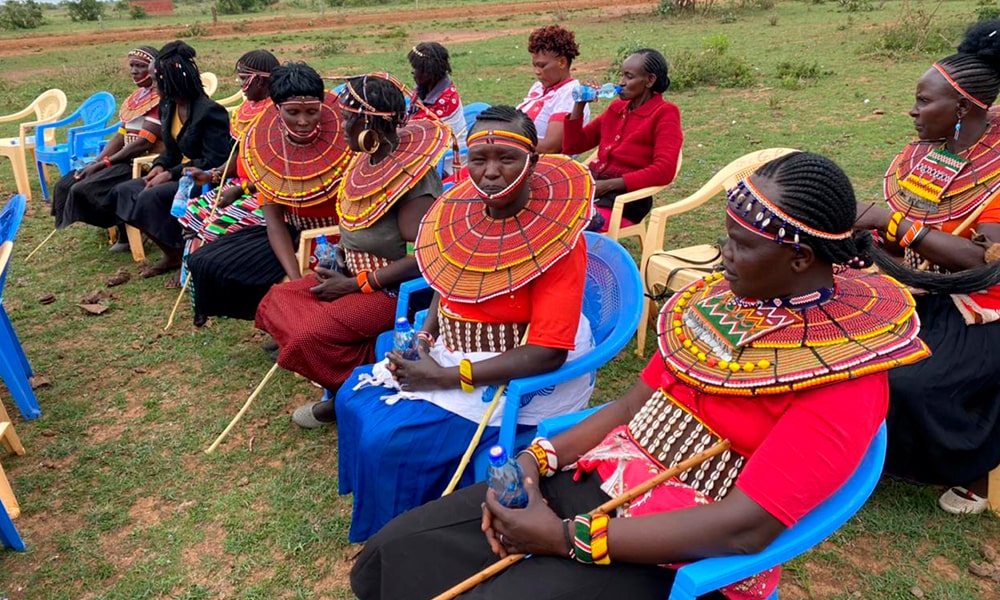
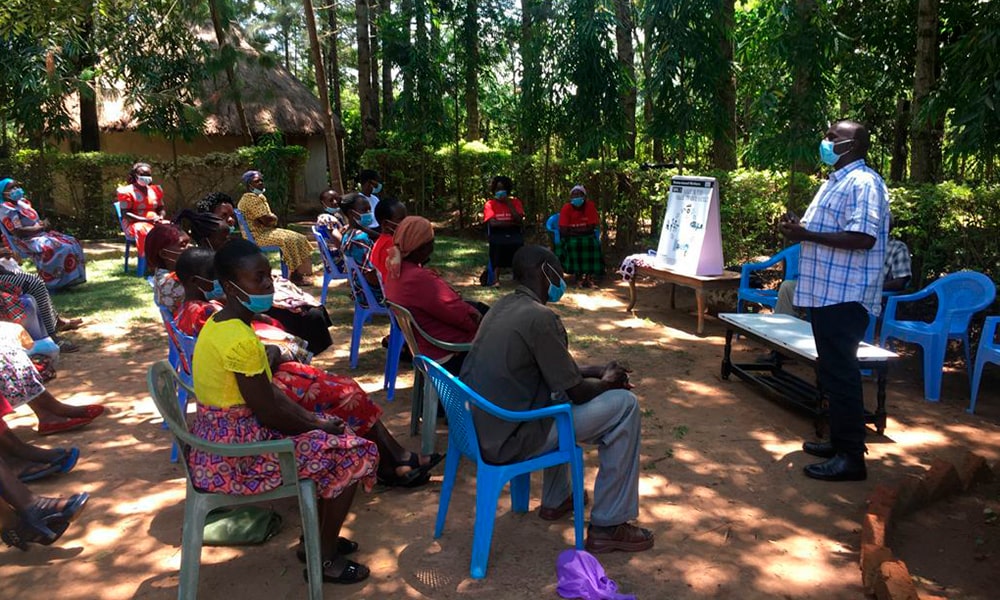
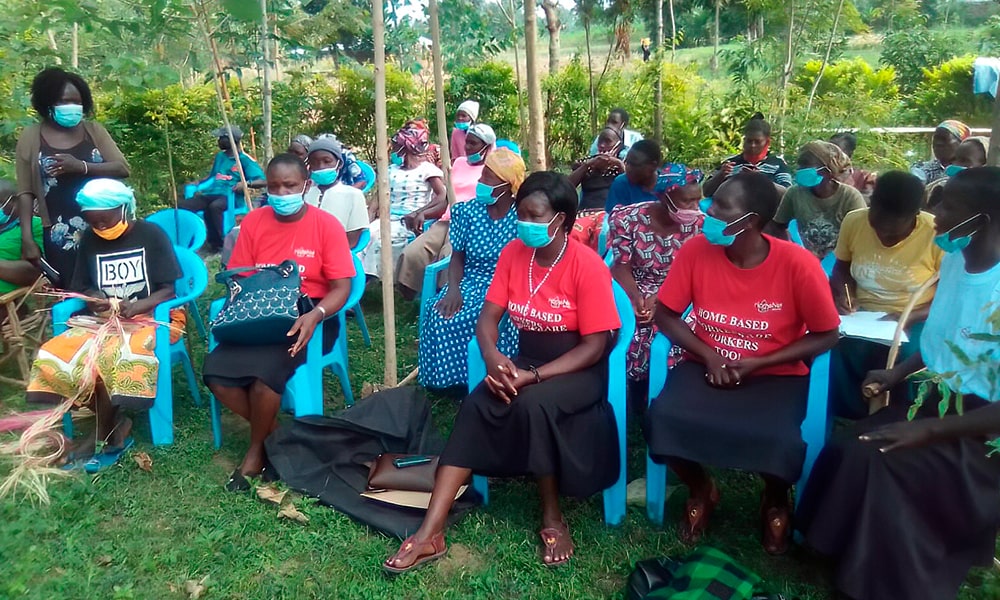
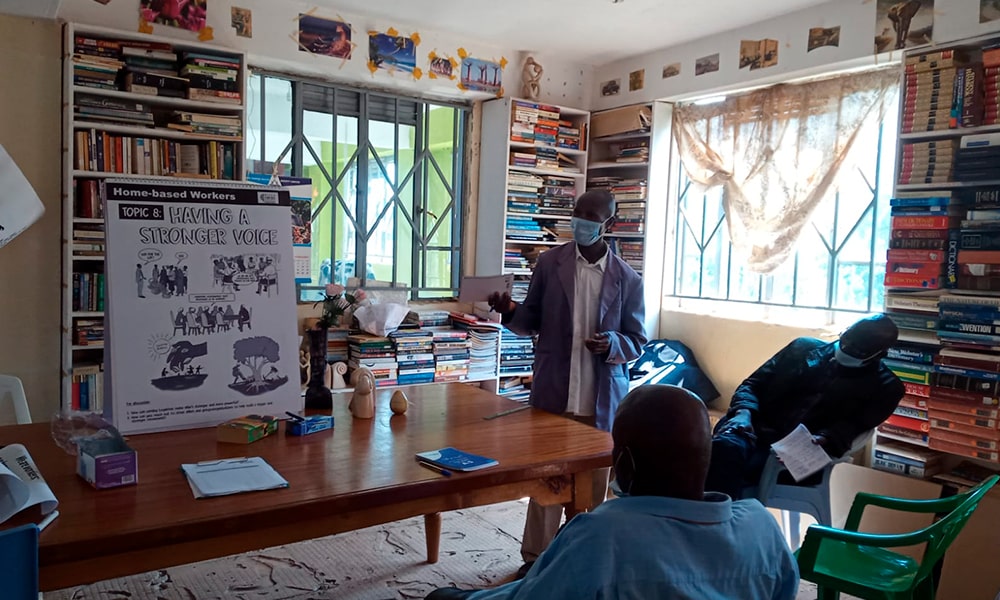
The capacity building trainings were preceded by a training of trainer’s workshop for the cluster leaders during a leadership training workshop through an online session in August 2020 an opportunity that was used for validation of the materials. The illustrative materials have been designed to increase participation and understanding on the listed topical areas by homebased workers.
During the period April to August 2021 about forty (40) sessions have been conducted reaching over one thousand (1,000) home-based workers spread across the cluster areas. The trainers (cluster leaders) experiences are varied and interesting especially from the different situations of informal settlement areas in towns as compared with the rural areas and most so on the HBWs groups dynamics and levels of organizing. A few of the experiences include the following;
- That in the informal settlements in towns especially Nairobi, the impact of the NGO influence on monetarizing meetings and engagements with groups makes it expensive to hold mobilization and organizing meetings.
- That in the rural areas especially where NGOs have done substantial work, the groups expectations go beyond the mobilizing and organising meetings but expect substantial monetary incentives to participate.
- That in the rural areas especially where HBWs groups exist around a livelihood activity the mobilizing and organising meetings costs are minimal; often times the group funds their meals during the meeting.


